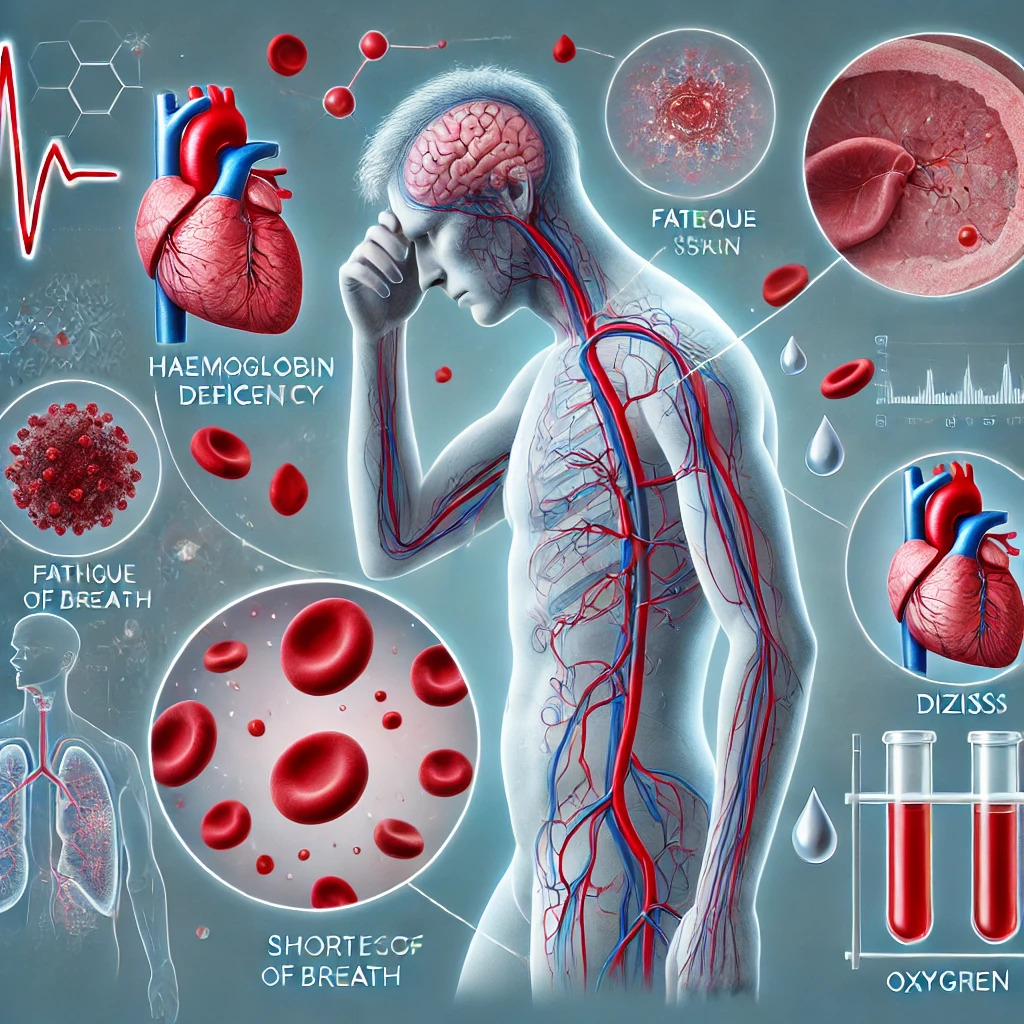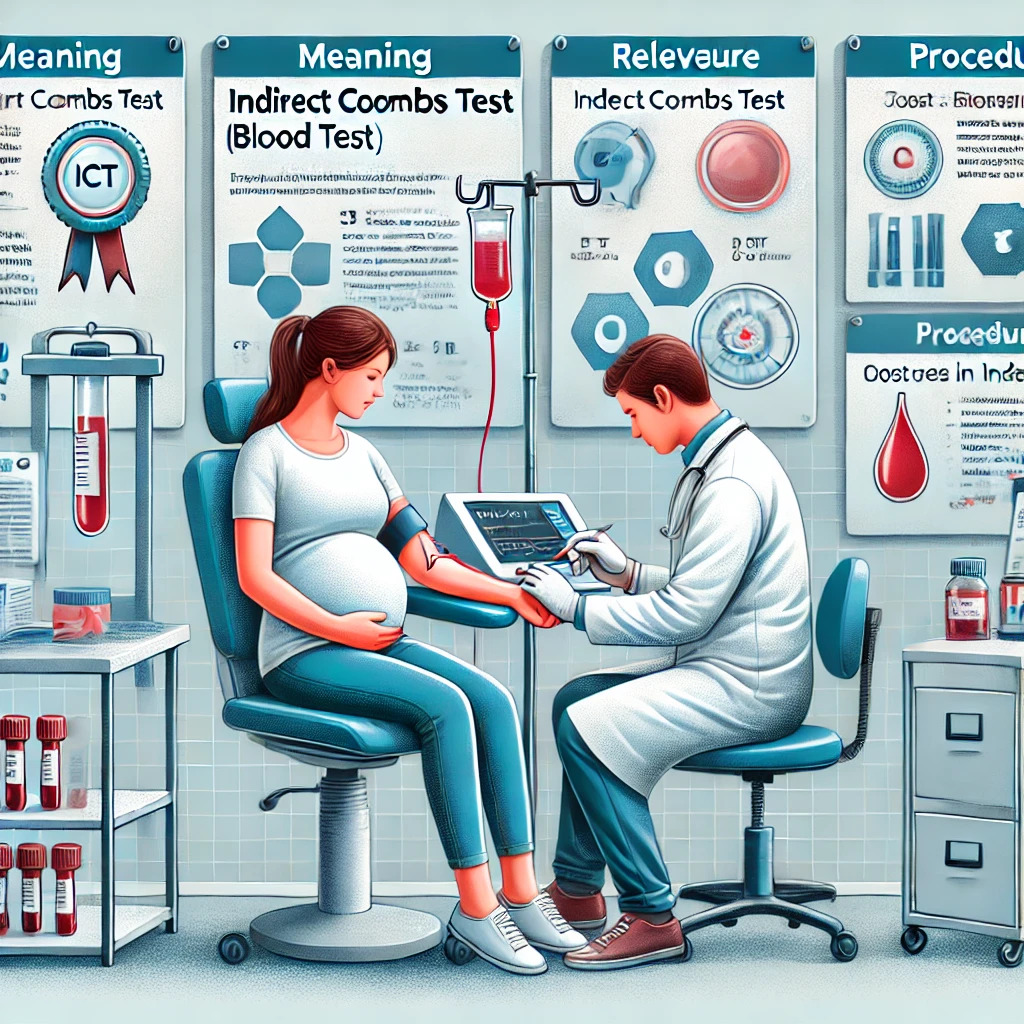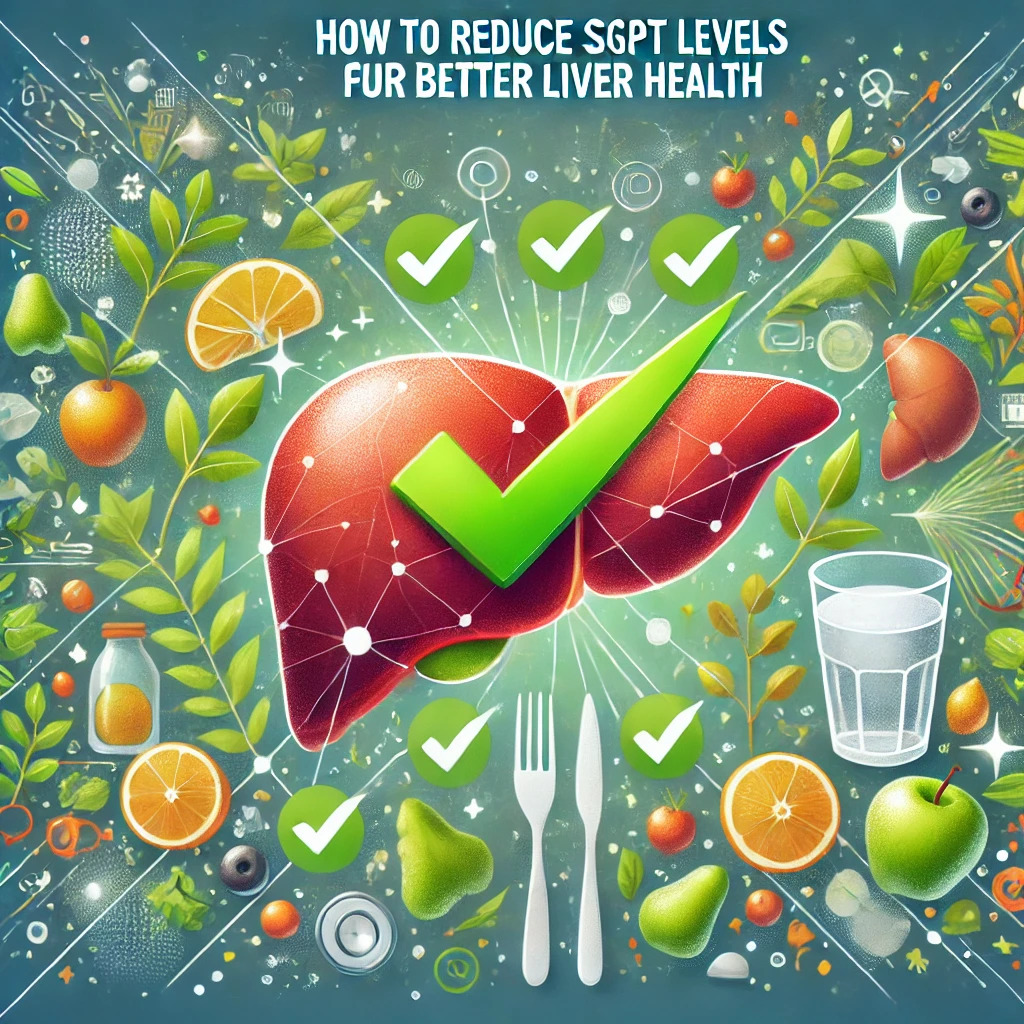Heart Blockage Treatment Without Surgery in India
.jpg)
This is a comprehensive guide to learning about heart blockage treatment without surgery because modern medicine offers a range of effective treatments today. This article will help you make informed decisions with the help of your doctor.
Heart blockage or ischaemic coronary artery disease (CAD) is a common cardiovascular condition today. This is a serious health issue that can significantly impact your well-being and quality of life. It takes years for the arteries to be narrowed by plaques. You may have gradually worsening symptoms or may have a sudden issue like a heart attack if the plaque dislodges.
Remember that heart disease is a serious issue and you need to consult a healthcare specialist to decide upon the appropriate course of treatment.
Introduction
Coronary artery disease or heart blockage is caused by the deposition of plaque inside the walls of blood vessels that supply blood to your heart. The disease progresses gradually but most people get the symptoms after the blockage is significant.
A heart attack is a serious symptom that needs immediate treatment in the ER. Sometimes one may have less serious symptoms like angina, breathlessness, and other issues.
The factors that cause one to have CAD or heart blockage include a sedentary lifestyle, poor dietary habits, family history of the disease, chronic stress, obesity, smoking, etc. Just because you have coronary artery disease does not necessarily mean that you need Coronary artery bypass grafting surgery.
Today we have other treatment options. The treatment will depend upon the stage and severity of the disease, whether a patient is fit to undergo surgery, the patient's acceptance, etc.
Let us see what other treatment options are there apart from surgery to treat heart blockage.
Heart Blockage Treatment Without Surgery in India
Heart blockage prevents enough oxygenated blood supply to the heart. When the blockage is more, it has to be opened up to prevent damage to the heart muscles. If the blockage is not severe, non-surgical methods can be used for treatment.
These treatments are:
- Angioplasty and coronary artery stenting- This can be both an emergency or an elective procedure where a small hollow tube is inserted into the artery. This tube has a balloon at its end which is inflated at or around the site of blockage to open the artery walls.
This increases the blood flow after which a mesh stent may be placed so that the artery does not close again. Newer techniques can be used with this to even cut open the plaques. This treatment can remove heart blockage without surgery in 24 hours. It can be used in major blockages as well. Your cardiologist or the interventional cardiologist can be the best person to tell if this is the right procedure for you.
- Medicines- These may be used alone along with lifestyle changes when the blockage is minimal or the patient cannot undergo surgery or angioplasty or when the patient does not want any procedures. These medicines are also used with the above procedures as they can reduce both morbidity and mortality.
The medicines that are most commonly used are:
- Aspirin and other antiplatelet medicines to prevent blood clots.
- Beta-blockers can decrease blood pressure and also prevent irregular heartbeat.
- ACE(angiotensin-converting enzyme) inhibitors decrease blood pressure and also improve blood supply to the heart.
- Statins can lower blood cholesterol and may also help in stabilizing the plaques.
- Nitroglycerin or nitrates dilate the arteries to increase the blood flow to the heart muscle.
The dosage, duration, increase in dosage, or tapering down have to be decided only by your doctor.
- Exercise and Lifestyle changes- Simple lifestyle changes can be very effective in reducing further episodes, delaying the progression of the disease, and may even help in reducing medicines.
- It is very important that one stops smoking after being diagnosed with a heart blockage. You can seek help, and therapy, and even use nicotine patches.
- Walking is a great exercise to improve cardiovascular and respiratory health. Low-intensity strength training can help immensely in improving your heart health. Cardiac rehabilitation programs are available in most hospitals. You can also seek the services of a cardiac physiotherapist. Any exercise must be started or increased after consulting with your doctor.
- Eat a diet that helps your heart and also helps you lose weight. Have complex carbs, including sources of lean protein, fresh fruits and vegetables, enough fiber, and healthy fats like nuts and seeds. Your diet should be low in saturated fat, simple sugars, carbs, trans fats, sodium, packaged foods, and additives. Take the help of a dietitian.
- Weight management, without unhealthy practices and fad diets, should be considered.
- Stress management is also very important as chronic stress is known to cause hypertension and can strain the heart. Yoga and meditation are great ways to improve health safely and reduce stress.
New Techniques To Remove Heart Blockage
Some new techniques to remove heart blockage are being used while the research is ongoing about their long-term benefits. Promising results are being seen and some doctors are using these techniques along with medicines and lifestyle changes for patients who have heart blockage.
These are:
- Enhanced external counterpulsation(EECP) - This can enhance blood flow to the heart while improving symptoms.
- Chelation Therapy is another option that requires multiple sessions over weeks.
- Supplements and herbs like garlic, CoQ10, Omega 3, etc., can also help
You have to discuss these with your doctor before making a decision.
What to do if you have 90 percent blockage in your heart?
People with even severe blockage can lead long lives with timely diagnosis and treatment. The impact of blockage depends upon the artery and the site of the blockage. Whether you need surgery or angioplasty or you can manage with medicines and lifestyle changes can be decided after proper tests and assessment. The decision is best left to a cardiologist and you can be an active participant in your treatment.
Conclusion
When you work closely with your healthcare provider and medical team, you're taking steps toward positive lifestyle changes and accessing the most suitable treatments. This collaboration not only eases concerns but also empowers you to enjoy a better quality of life.
Embracing this proactive approach can potentially halt or slow down the progression of diseases, even reversing them in their early stages. For individuals who've faced a heart attack, it could substantially reduce the chances of recurrence, ultimately contributing to an improved overall quality of life.
These undeniable benefits make the effort and engagement with specialists truly valuable, particularly when considering options such as heart blockage treatment without surgery in India. This approach ensures both your safety and the effectiveness of your journey to better health.
At O-Lab, we offer an array of packages tailored to different age groups and genders. Our offerings encompass specific disease screenings, targeted assessments to monitor cardiac health, comprehensive general health evaluations, and more.





